Euphoric clubbers hit dance floor again as Spain trials digital Covid-19 pass
Clubbers had to undergo an antigen Covid test, show a negative PCR test or proof that they had already had coronavirus
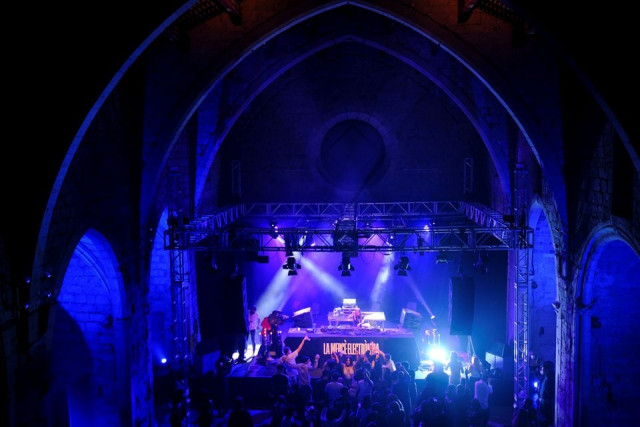
Mandatory face masks could not conceal their delight as clubbers in the Spanish city of Girona moved to the thumping beats of house music put on by a live DJ.
For the first time in eight months, Girona had some of its nightlife back this weekend thanks to a pilot digital pass scheme which authorities hope will allow for socialising without spreading coronavirus.
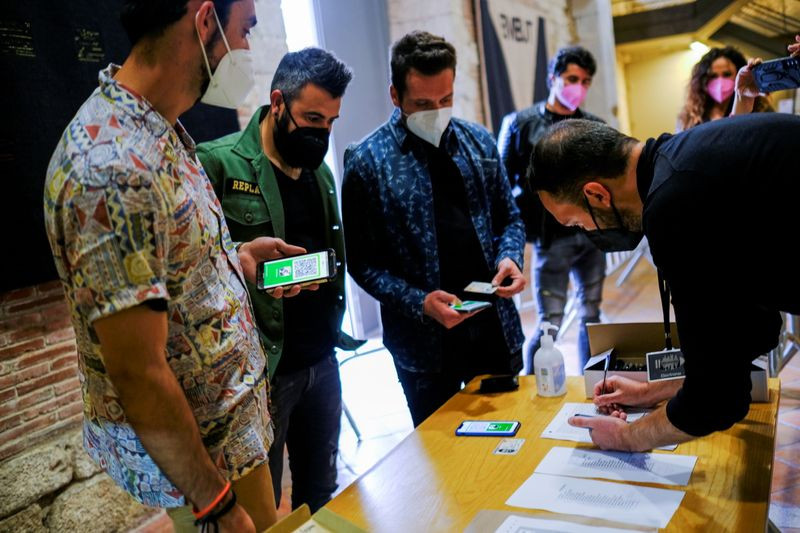
Since October, concerts have been banned in the northeastern region of Catalonia, while restaurants and bars were required to close at night since December.
But under a scheme to revive the hospitality sector, residents in Girona could for one evening obtain a digital pass allowing them to go to a concert or dine out at five restaurants.
For this, they had to download an app to their mobile phones and undergo an antigen Covid-19 test, show a negative PCR test or proof that they had already had coronavirus.
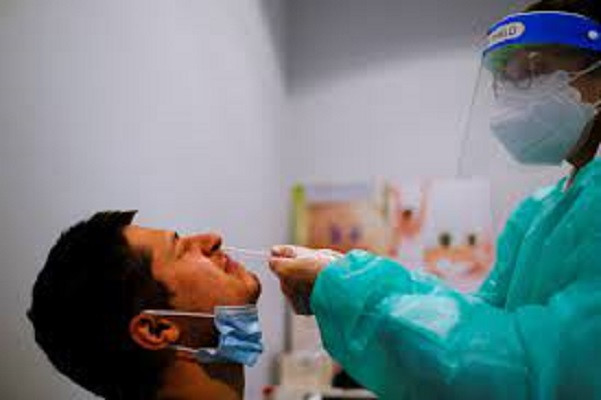
About 250 people snapped up the tickets for Saturday's clubnight in 20 minutes.
"It seems great to me, because all of this is affecting us mentally. We might be physically well, but not psychologically, so I think this kind of activities, controlled and with security measures, are great," said Susana Bergaz, 26, a factory worker from Girona.
The five restaurants which took part were allowed to operate at 80% capacity.
The pass is valid for up to 36 hours and costs between 2.50 euros and 8.50 euros ($3-$10.50).
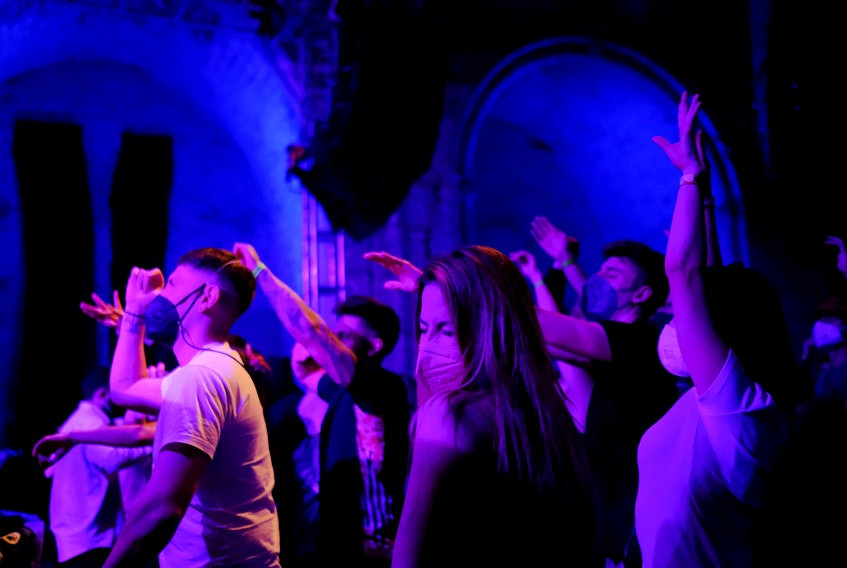
"The Open Girona initiative is a project that aims to test a model of digital testing and vaccination passes in order to reopen Girona in a safe and controlled way," organisers Blockchain Centre of Catalonia, a public body, said in a statement on Sunday.
A trial concert in Barcelona in March where 5,000 people took rapid Covid-19 tests and crammed into a venue without social distancing did not drive up infections, organisers said earlier this month, giving hope to the moribund live-music sector.





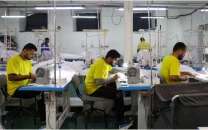
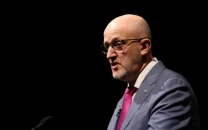












COMMENTS
Comments are moderated and generally will be posted if they are on-topic and not abusive.
For more information, please see our Comments FAQ